Fire Suppression Systems
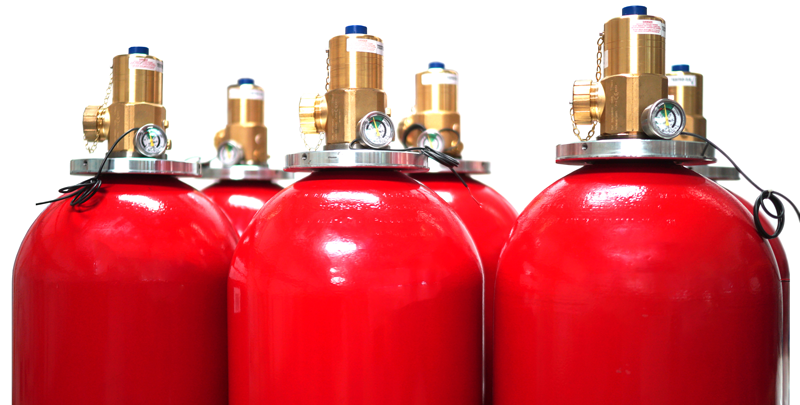
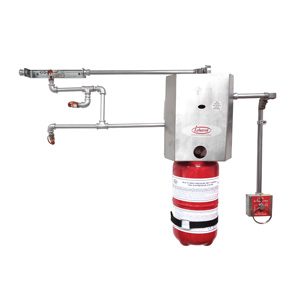 |
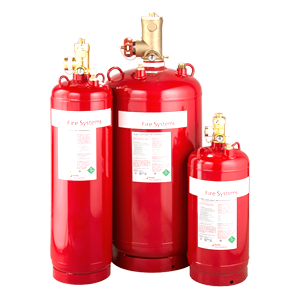 |
 |
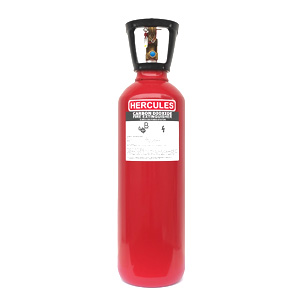 |
| Kitchen Fire Suppression | HFC227 FM200 | Halon 1301 | Military Vehicle |
 |
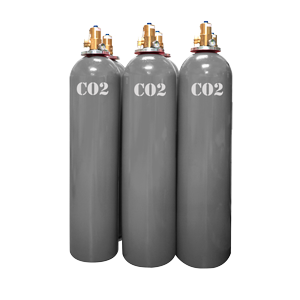 |
||
| FK 5112 | CO2 |
What is a fire suppression system?
Fire suppression systems are used for a predefined critical area that must be protected from a fire. This can include:
- Data centers which cost millions
- kitchens that cannot have a down time
- Ships that are away at sea and far from any help
- Military vehicles that must always be protected against hostile arms
- Airplanes that are carrying both passengers and/or cargo
The owner begins by deciding which area they have to protect. Following which, a qualified person (QP) and/or a Professional Engineer (PE), will decide what type of fire suppression systems are needed.
What fire suppression system do I need?
Usually, the type of fire that can potentially occur will determine which fire suppression system is to be used. As an example, kitchens that have a high possibility of a grease fire have to be protected by a Wet Chemical Kitchen Fire Suppression System. Only the liquid potassium phosphate of a kitchen fire suppression system can safely put out these grease fires. On the other hand, if an electrical fire is to be expected, then a clean agent fire suppression system such as FM200 or Novec1230 will be superior. Clean agents do not damages electrical equipment and do not leave a residue after discharge.
Is a fire suppression system safe?
Nowadays, fire suppression systems are to be precisely calculated and pre-engineered. The engineer of the fire suppression system will calculate the hazard size and determine the size of cylinders to be used. With fixed range of variables, the amount to be used can be carefully determined.
In the past, CO2 fire suppression systems were used onboard ships. They were cheap to install and maintain but were considered dangerous. Upon accidental discharge, the crew only had a few seconds to escape. In a modern fire suppression system such as FM200 or Novec1230, this will never occur. The engineer will calculate the precise amount of fire suppression agent required to both put out the fire and maintain high enough oxygen levels. This means that, in modern fire suppression systems, it is possible to breathe in an enclosed room that is fully discharged with fire fighting agent.
How often do I have to maintain a fire suppression system?
This depends on which type of fire suppression system is used and the schedule of maintenance. There are different sets of maintenance procedures to perform at each interval. Usually, bi-annually, annually and 12 yearly.
For wet chemical kitchen fire suppression systems, maintenance is to be done bi-annually. For, commercial kitchens ducts in heavy use, a thick layer of grease form quickly on the detector systems. This may cause the system to malfunction.
Accordingly, NFPA 2001 details the standards for clean agent fire suppression systems. FM200 and Novec1230 systems are to be checked for their filled weight bi-annually.
For simpler, mechanical fire suppression systems used in vehicles, maintenance is usually done on an annual basis.
